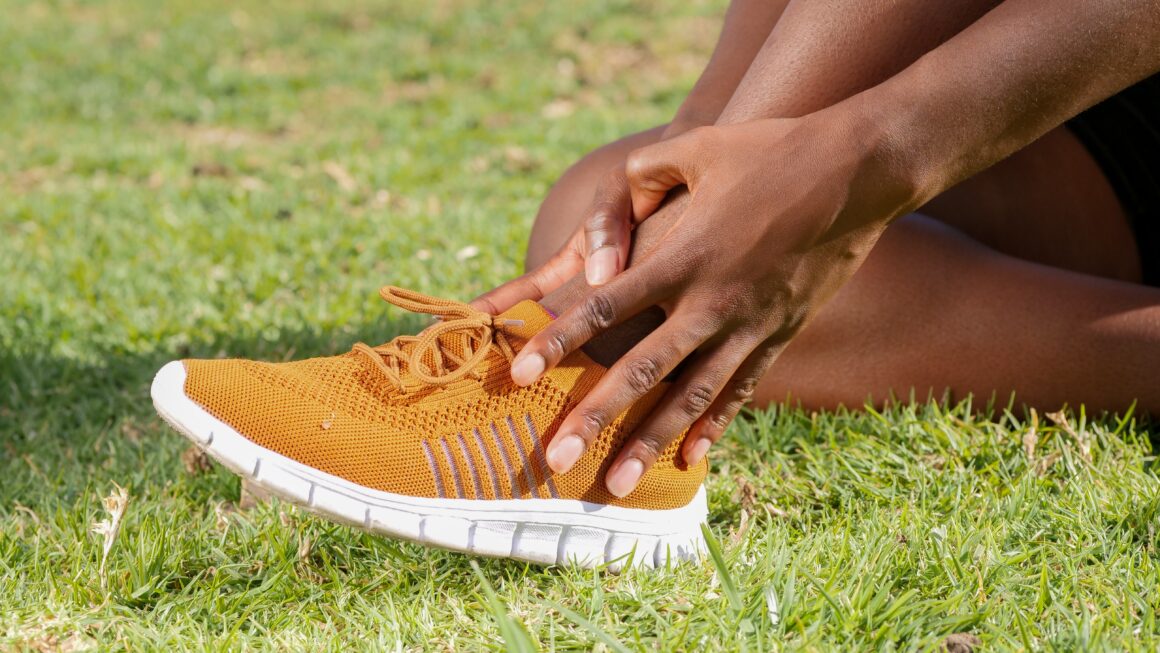Photo by Kindel Media from Pexels
How do we handle and overcome injuries as athletes?
Have you ever sustained an injury and it stripped you from all that is vital as an athlete? As athletes, we have developed the mindset and lifestyle of an indomitable spirit from our coaches and mentors that have been embedded in our DNA. “Don’t give up. Try harder. You can do it. Fake it till you make it. Give 110% every time.” These are actual words from my coach(es) growing up. Over and over, depending on the situation, it has been engrained in me. But, what happens when you suffer an injury that makes you feel as if it depleted the life force from your blood?
Those seven words from the doctor, “Just rest and let your body heal.” Those are the worst things we as athletes can hear. Depending on the injury, whether it’s a sprained ankle, a quad contusion, a broken collar bone, a broken wrist, maybe a surgery, or just a cold, have you ever asked an athlete HOW that is possible? To just rest and heal?
Even though we know that the science behind letting our bodies heal and the rehab it takes to get us there, including physical therapy, occupational therapy, and other post-injury rehabilitation, we need to focus on sports psychology and our mental health. It can be a very daunting time for these athletes, from young kids who are starting their passion for their sport in high school, college, and professional athletes. The level of emotions that an athlete goes through is like a roller coaster. They move from anger, anxiety, sadness, fear, isolation, and depression. These emotions are natural and necessary before they can come to terms with what is their new reality.
Everyone tells you that you need to focus on the “positive side” of things whenever something negative happens. As a friend, parent, mentor, and teammate it is just natural to give that advice. But, instead of just diverting the attention away from the issue at hand, how about we acknowledge how they are feeling and tell them we would feel the exact same if the roles were reversed. We all want others to know our feelings are validated. So, let them know how frustrating it is, and that you will be there to support that person in any way, shape, or form.
Here are some key things one must do to help their healing process:
First, you need to learn about your injury. What happened, and what exactly needs to heal before the next step? This includes setting realistic goals as to give you an idea when you will return to your physical activity/sport.
Second, find the right team/therapist to help you in the process of your rehabilitation. You may need to try out several to find the “right fit.”
Third, keep your diet full of nutrients, fruits, and vegetables, and don’t succumb to the “comfort foods” as our bodies crave the things we shouldn’t eat when we are feeling down.
Fourth, keep up your exercises that were assigned by your PT and this is the time to put the hard work in! It’s your responsibility to maintain your therapy to get you where you need to be! Listen to your body and don’t push it.
Fifth, maintain contact with friends, family, and teammates. Do not isolate yourself as it’s natural to do so, but maintaining relationships through this difficult time is key. If you need to seek professional help there are many resources out there, including mental health apps, video chats, and more. It also may help finding the time to focus on some other types of activities/hobbies that bring you joy and mindfulness like sketching, listening to music, knitting, reading, puzzles, etc.
Suffering minor and major injuries does not have to be the end of the world. With patience and the right frame of mind, most athletes can heal when they have a support system and the right plan in place.
Julie Lin-Friss was born and raised in San Jose. She’s been an athlete her whole life, and has participated in school sports, outside clubs, and martial arts. She decided to pursue a career in fitness and wellness, after a 7-year stint in the corporate finance world. She is a Certified AFAA Instructor, and has taught multiple group fitness classes for over a decade. She’s taught kickboxing, boot camp, HIIT, core strengthening, Pound, and self-defense. She is also a 5th degree black belt in Taw Kwon Do. She loves to cook, craft, shop, travel, beach walks, and hiking with her husband, two teenage boys, and two dogs, Mushu & Mochiko.


